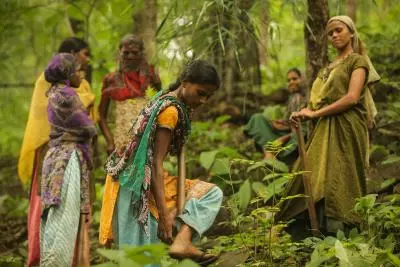National workshop to focus on local governance in tribal areas

New Delhi, Dec 23 Empowering local governance while safeguarding the rights of tribal communities in Scheduled Areas and management of natural resources would top the agenda at a National Workshop on PESA Act in Ranchi on Tuesday, said an official.
The day-long workshop on Panchayats (Extension to the Scheduled Areas) Act, 1996 (PESA) is designed to generate actionable outcomes that will benefit the targeted communities.
Its focus will be on making all-out efforts to enhance their ease of living and create an enabling environment for their growth and prosperity, aligning with the vision of Prime Minister Narendra Modi, said a statement.
Alok Prem Nagar, Joint Secretary, Ministry of Panchayati Raj, would also take part in the workshop organised by the Department of Panchayati Raj, Government of Jharkhand, with the aim of disseminating awareness about the Act at a time when Jharkhand is on the verge of finalising its PESA Rules in alignment with the PESA Act.
The occasion would also commemorate the enactment of the PESA Act on December 24 1996, a landmark legislation empowering Gram Sabhas in Scheduled Areas with self-governance and the management of natural resources.
The programme includes comprehensive discussions on PESA’s role in strengthening governance in Scheduled Areas, along with a short film and song showcasing the essence and impact of PESA. Deepika Pandey Singh, Minister of Panchayati Raj, Rural Development and Rural Works, Jharkhand, will deliver the keynote address.
The Ministry of Panchayati Raj has advised the 10 PESA States – Andhra Pradesh, Chhattisgarh, Gujarat, Himachal Pradesh, Jharkhand, Madhya Pradesh, Maharashtra, Odisha, Rajasthan and Telangana – to organise awareness and capacity-building activities across their respective regions, said a statement.
These initiatives aim to actively engage key stakeholders, including elected representatives of Panchayati Raj Institutions, Gram Sabha members, and officials from departments such as Forest, Revenue, Rural Development, Tribal Welfare, and Social Justice.
Source: IANS